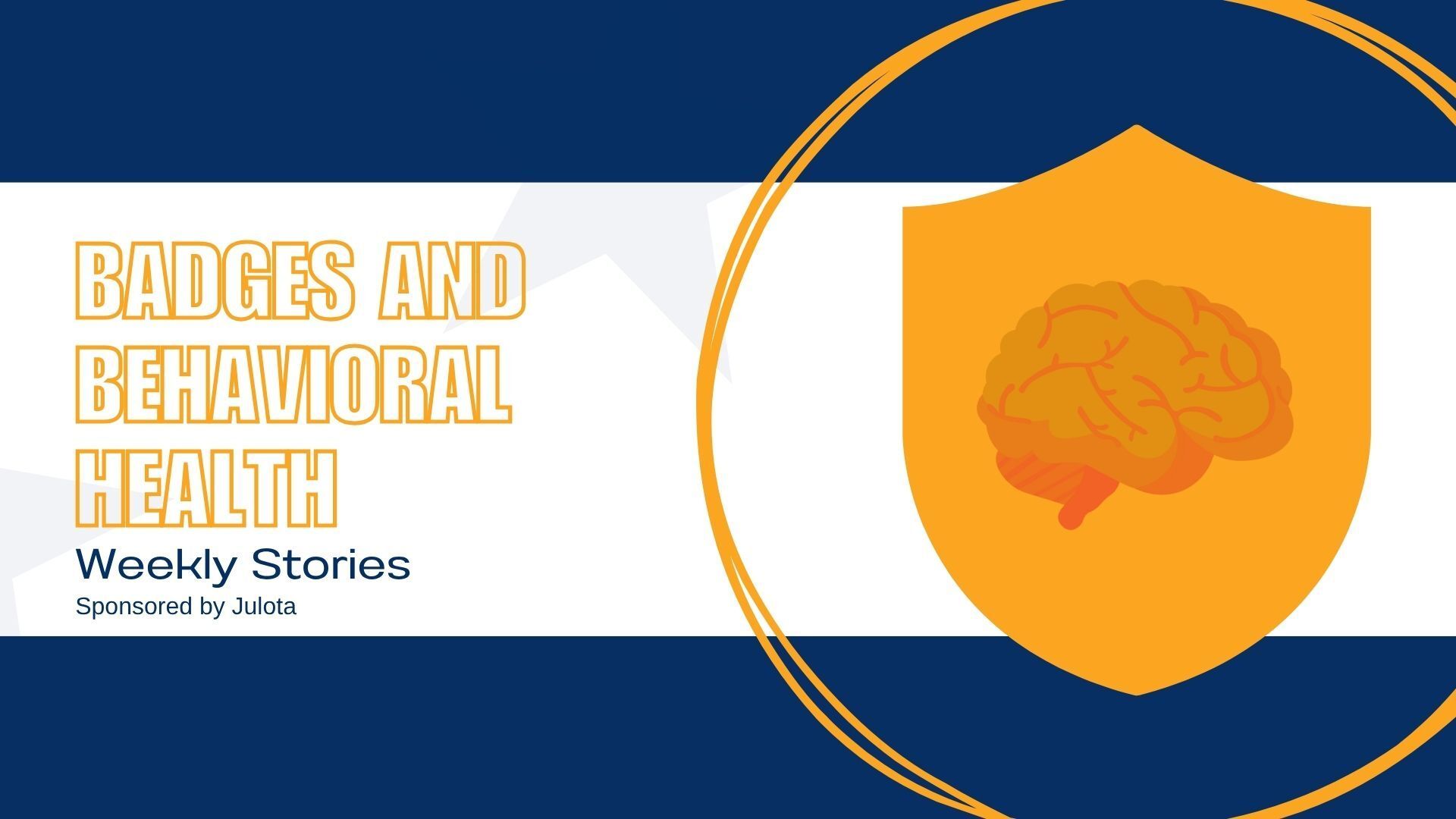
Today’s Brief:
Crisis Intervention Briefs
Georgia County Grapples with High Incarceration; Mobile Crisis Unit in the Works
Bucks County Adds Three Departments to Co‑Responder Crisis Program
Total Read Time: 2 Minutes
👮 Crisis Intervention Briefs
In Burleson County, Texas, officials are recruiting a second deputy for their two‑member Crisis Intervention Team to better handle frequent mental health emergencies across a rural jurisdiction. Since launching in 2020, the team has diverted 216 individuals from incarceration, saving the county nearly $1.6 million while connecting people with needed mental health support
A 40‑hour Crisis Intervention Team (CIT) training, held July 14–18 in Morgantown, gathered law enforcement, social workers, addiction counselors and outreach providers to enhance response to mental health and substance use crises. The course focused on communication, de‑escalation skills and agency coordination, aiming to divert individuals in crisis toward recovery services instead of jail.
An op‑ed in the Topeka Capital‑Journal urges increased state and federal investment in mental health treatment and supportive services, arguing that underfunding puts public safety and community well‑being at risk. It highlights recent cuts in Kansas grant funding and job losses in relevant health departments as evidence of growing gaps that threaten effective crisis response and treatment access.
Sponsored by: Julota

Julota empowers smarter crisis responses by simplifying and streamlining Law Enforcement and Behavioral Health programs. By integrating hospital, EMS, and social services data into a centralized platform, it enables seamless, secure, and HIPAA-compliant collaboration. Automated reporting ensures compliance, while customizable workflows address community-specific needs. With actionable insights, teams can improve outcomes and secure greater funding, making Julota the only software purpose-built to bridge law enforcement and behavioral health with compassion and efficiency. |

Police in a Southwest Georgia county—among the state’s highest incarceration rates—are often the first responders to mental health crises but lack the tools and training needed to safely de-escalate and divert cases from jail. A new pilot mobile response program is being developed to pair mental health professionals with law enforcement for on-scene crisis intervention. The initiative aims to reduce arrests, improve outcomes for individuals in crisis, and ease the burden on police officers by providing expert support at the moment it's needed most

The Bucks County co-responder initiative—where social workers are embedded with police—has expanded to include Doylestown Township, Plumstead Township, and New Britain Township, enhancing regional capability for crisis diversion. Human Services Co-Responder Scott Marshall, who joined in May, works alongside officers to route individuals toward social services rather than the criminal justice system. This partnership significantly reduces police time spent on mental health and social service calls, freeing them up for urgent public safety duties and improving outcomes for vulnerable residents
